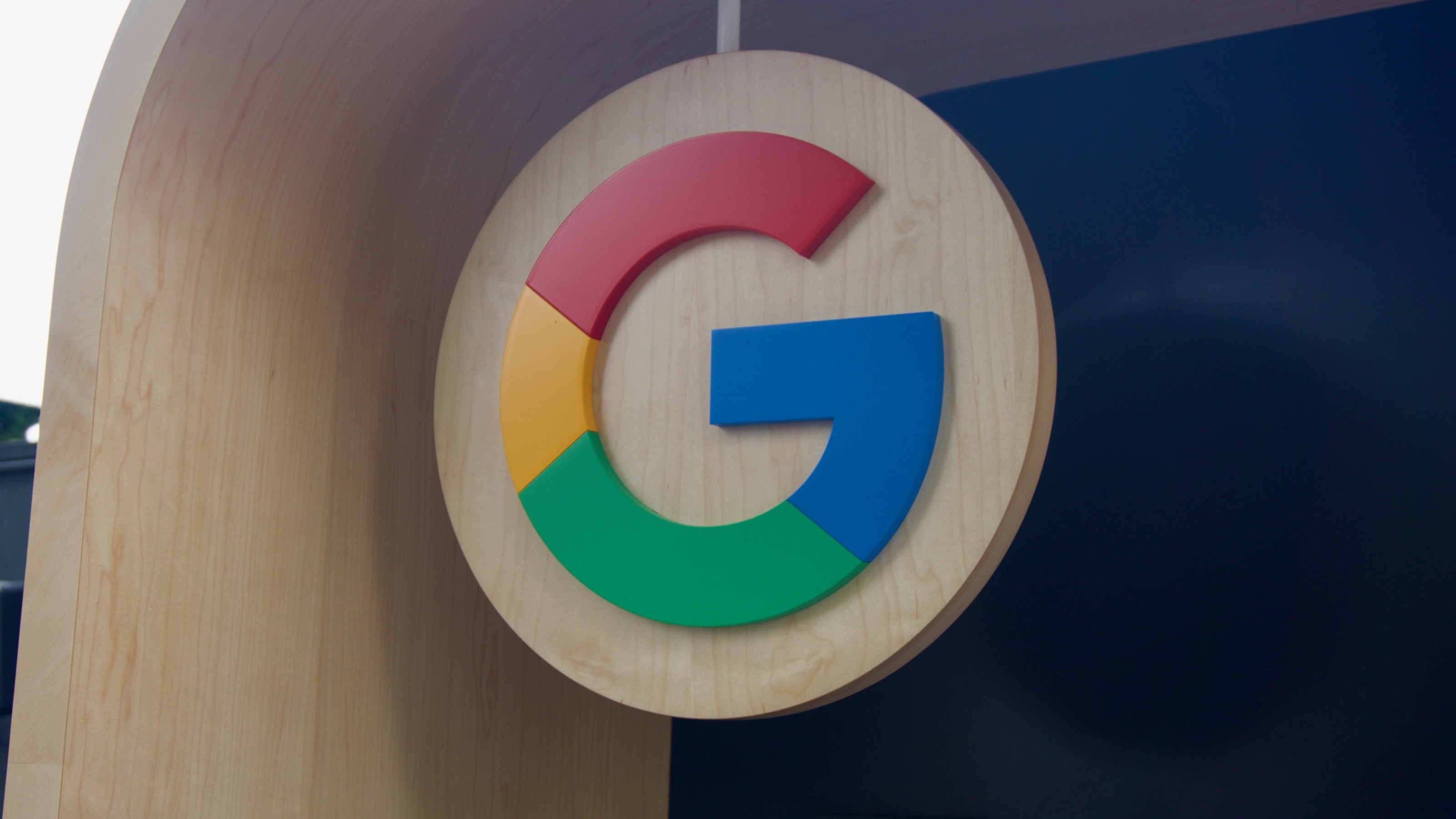
What you need to know
- Google released a support document detailing the options available to users in the EU when the Digital Markets Act takes effect on March 6.
- Users can choose to "unlink" their Google services, as the option will be required by the DMA.
- When linked, these services can be used for personalized ads and other content, based on which settings are enabled.
It feels like we've been talking about the European Union's upcoming Digital Markets Act for ages, but it's getting closer to taking effect in EU countries. Though the DMA has already been passed, it won't take effect until March 6, 2024, a date that is fast approaching.
In advance of that, Google released a new support document detailing the options available to EU customers related to Google services. To comply with the DMA, Google is offering users the option of "unlinking" certain Google services from each other. You can make your selections ahead of time, but Google says they will not actually be unlinked until March 6.
When services are linked, your data and activity are shared between them across Google's entire portfolio. For example, videos you watch on YouTube could influence what shows up in your Discover feed. All the data can also be combined to build a stronger ad portfolio for a given user, enabling more personalized ads.
But users in the EU will be able to unlink seven Google services in a few weeks, thanks to the DMA. The services are as follows:
- Search
- YouTube
- Ad services
- Google Play
- Chrome
- Google Shopping
- Google Maps
Any service that is not listed cannot be unlinked from other Google services, the company says. This includes other Google offerings that share data with each other all the time.
In the document, Google clarifies exactly what "linking" entails. It says that unlinking services will not sign you out of your Google account on any service. Additionally, even if you unlink the above Google services, the data collected can still be shared with third parties.
There are also some nuances. "Your data may also be shared across Google services to effectively help you complete tasks when two services are offered together," the document says. "For example, if you make a purchase on Google Play, Play and Google Payments will share related info so that you can complete your purchase."
The document has wording that clearly is intended to push users to keep their services linked. Google says that "linked Google services can work together to help personalize your content and ads" and that some features will disappear when you unlink services.
Google specifically notes that What to watch and Discover feeds will become less personalized when Search, YouTube, and Chrome are not linked. The company also says that reservations made through Google Search won't appear in Google Maps if the two are not linked. The absence of these features makes sense, but saying goodbye to them might make sense in exchange for the added privacy.
As neat as these options are, they're only available in EU countries. Google users in other regions will have to wait for their governments to enact laws similar to the DMA in their jurisdictions.







